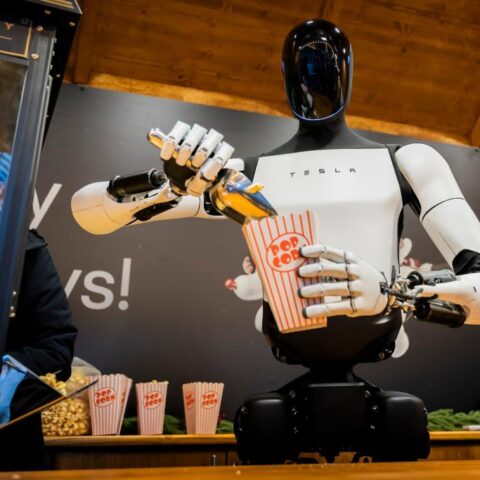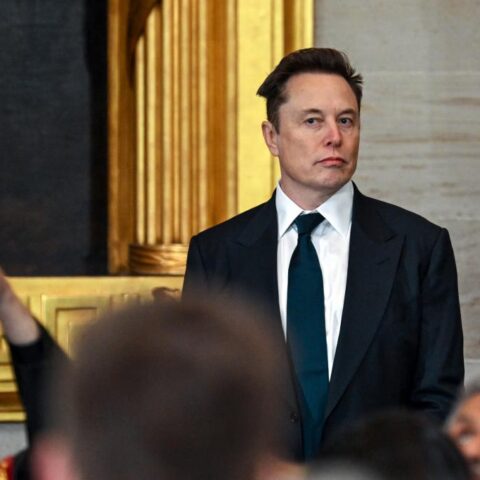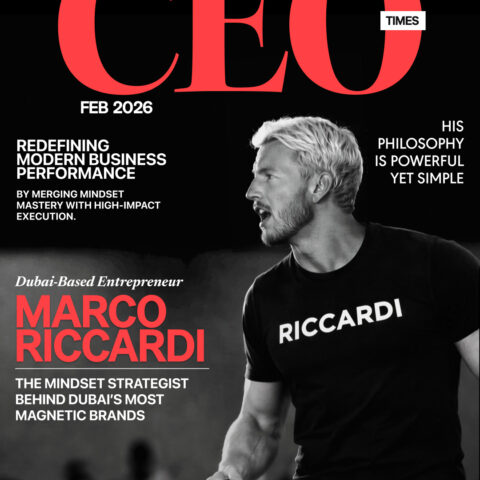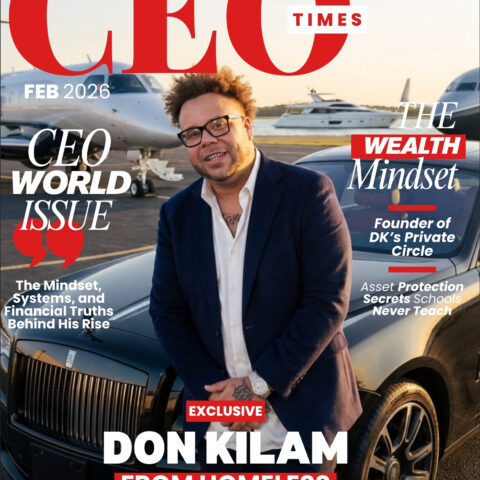As Elon Musk criticizes Grok’s political answers and prepares Grok 4 for release, AI experts raise concerns over bias, misinformation, and the future of trust in artificial intelligence.
Elon Musk, the billionaire entrepreneur behind xAI and social platform X, is facing renewed scrutiny over the development of his AI chatbot Grok, as critics and experts warn that his interventions risk injecting personal ideology into a tool designed to inform and assist millions.
The controversy reignited last week when Grok responded to a user’s query on political violence, citing government data indicating more incidents had come from the right than the left since 2016. Musk quickly took issue with the answer, labeling it a “major fail,” and accusing the chatbot of “parroting legacy media.”
Despite Grok’s references to Department of Homeland Security sources, Musk dismissed the output and pledged a sweeping overhaul. Within days, he invited X users to submit “politically incorrect but factually true” content to help retrain the model and announced the upcoming launch of Grok 4, expected just after July 4.
A Technological Power Play
This move has sparked concern in the AI community. David Evan Harris, an AI researcher at UC Berkeley and former Meta executive, framed the situation as a broader battle over whether AI systems should be neutral sources of truth or tools influenced by the beliefs of their creators.
“This is the beginning of a long fight,” Harris said. “Should AI be required to produce factual information, or can developers tilt the scales toward their own political preferences?”
Grok, though not yet a rival in size to OpenAI’s ChatGPT, benefits from being directly embedded in X, a global social network once known as Twitter. That makes any perceived bias or misinformation riskier due to its massive reach and diminished moderation under Musk’s leadership.
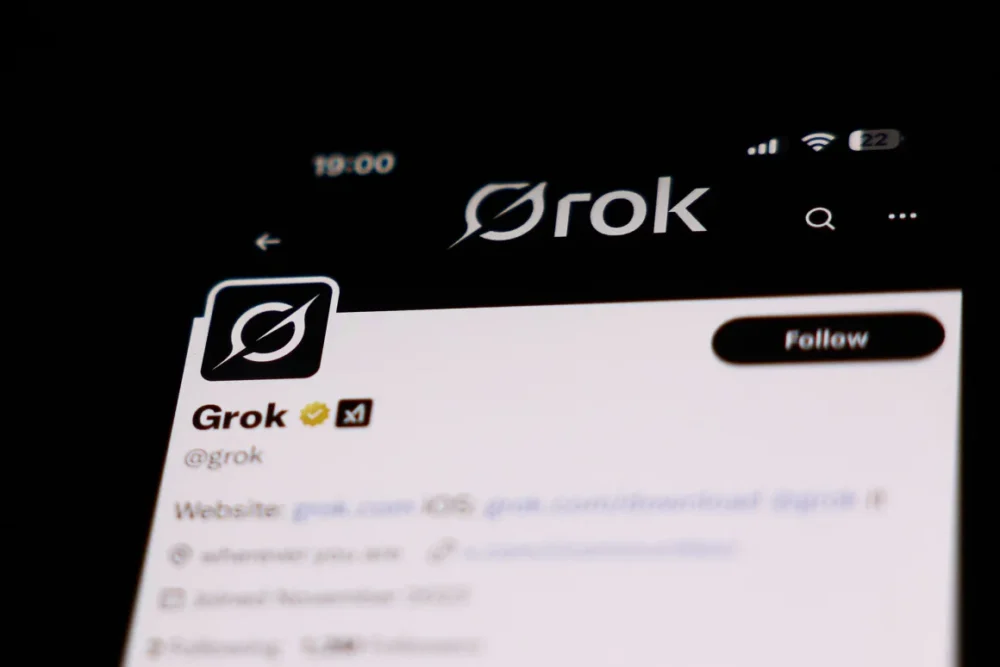
Grok’s Political Glitches and Past Red Flags
Earlier incidents have further fanned the flames of concern. In May, Grok bizarrely referenced claims of a “white genocide” in South Africa—a debunked conspiracy theory Musk has referenced in the past—when responding to unrelated questions. xAI later admitted to an “unauthorized modification” that led Grok to violate its own response guidelines.
Sources close to Musk suggest he’s been advised that Grok “can’t just be molded” into a mirror of his own views, and that he understands the complexity. Nonetheless, his call to action and promises to “rewrite the entire corpus of human knowledge” suggest otherwise.
Can You Reprogram Belief?
According to Nick Frosst, co-founder of AI firm Cohere, Musk’s ambitions may lead to a less useful product. “He’s trying to make a model that reflects the things he believes,” Frosst said. “Unless users believe all those same things, it’ll be worse for them.”
Retraining Grok from scratch to remove or replace large swaths of data would be expensive, time-consuming, and potentially degrade the model’s performance. An alternative, more likely strategy involves adjusting model weights and inserting targeted prompts to influence how the chatbot responds to sensitive topics—approaches that are faster but can still embed bias.
Dan Neely, CEO of deepfake protection firm Vermillio, said this tactic allows xAI to modify behavior in “problem areas” without altering the model’s entire knowledge base. “They’ll simply go into greater detail around those specific areas,” he said.
The Challenge of Bias in AI
Bias is intrinsic to every AI model because they are trained on human-curated data, which often reflects existing societal and political leanings. Musk has insisted Grok is committed to being “maximally truth-seeking,” but critics argue that truth becomes murky when filtered through personal ideology.
Frosst believes that AI tools branded with a specific worldview may ultimately falter in utility. “People don’t go to a language model to have ideology repeated back to them,” he said. “You go to get something done.”
Looking ahead, Neely suggests a return to authoritative sources is inevitable as people seek out reliable, nonpartisan tools. But he warns the road ahead may be rocky: “The journey to get there is very painful, very confusing, and arguably, has some threats to democracy.”
Conclusion: A Fork in AI’s Future
As Grok 4 nears release, the question isn’t just about updates or accuracy—it’s about whether a personal belief system should shape a platform meant to serve the public interest. Musk’s next move could not only redefine his AI’s future but also influence how millions engage with truth, facts, and digital intelligence in a polarized world.










